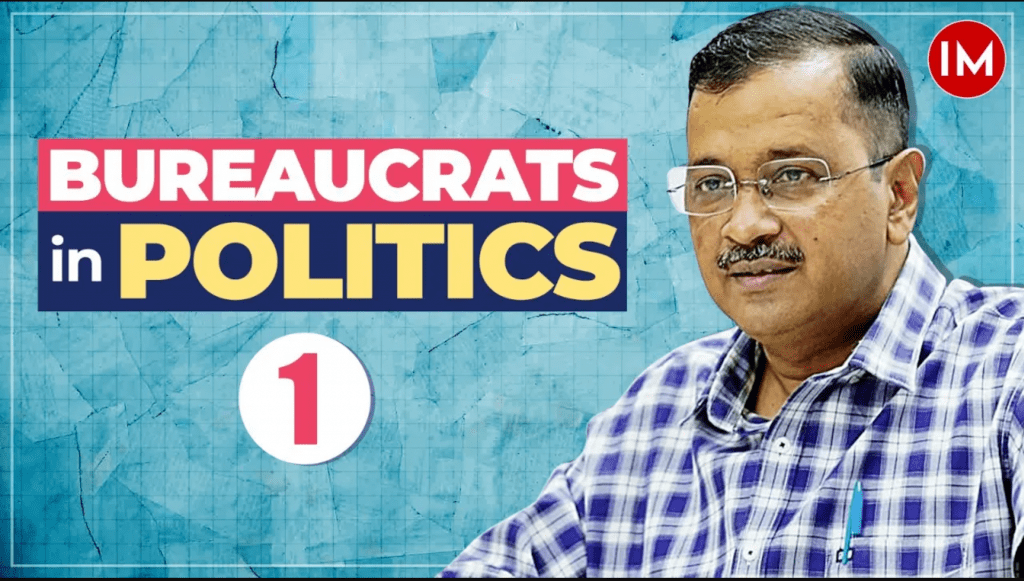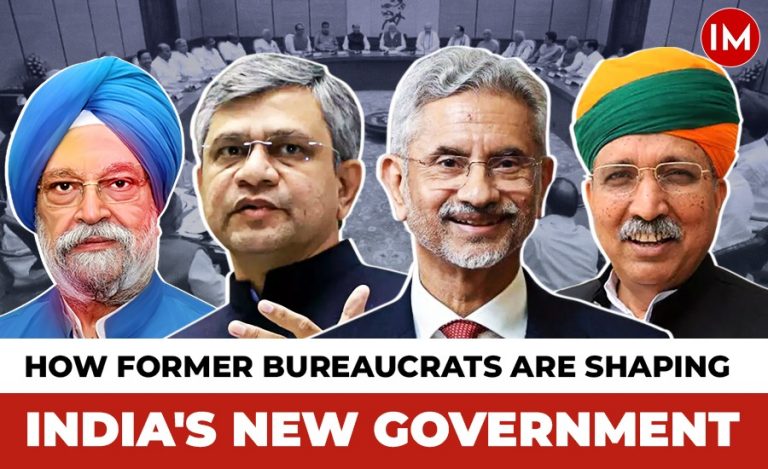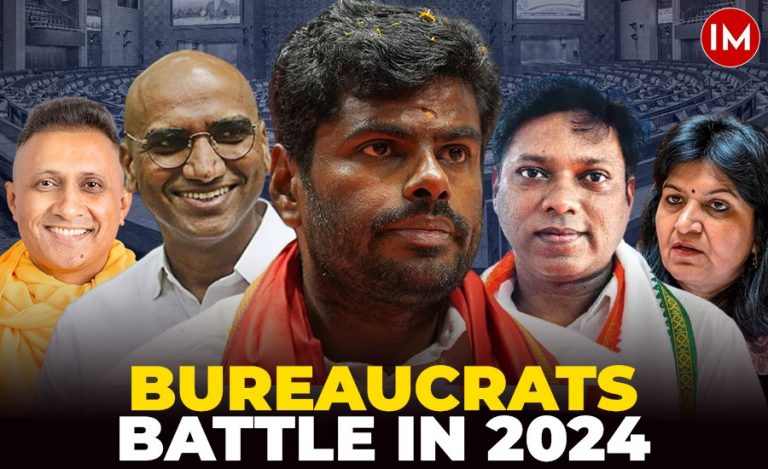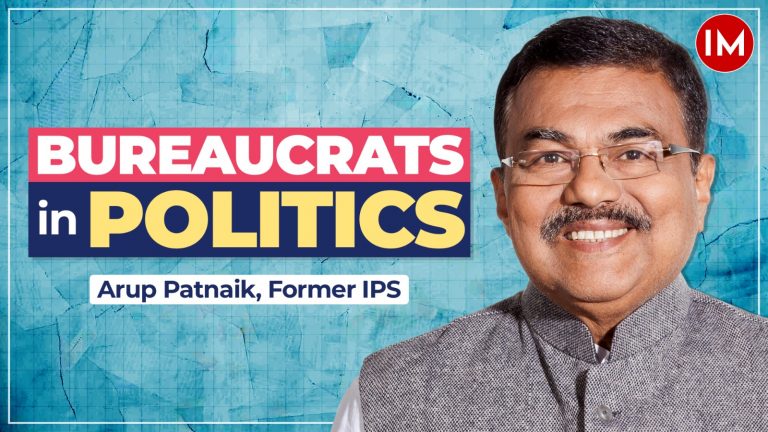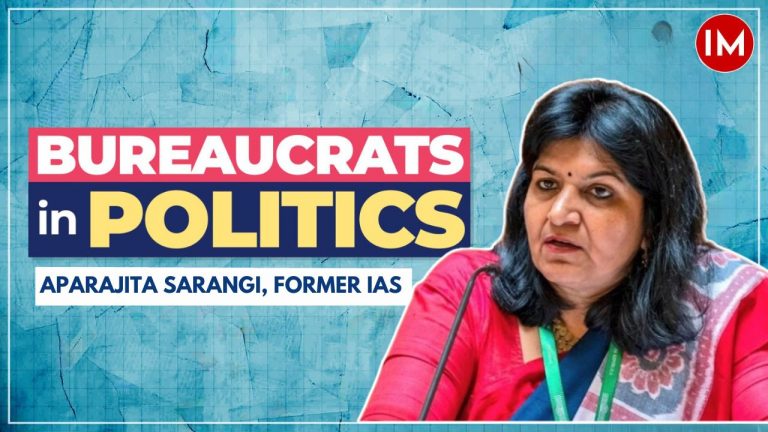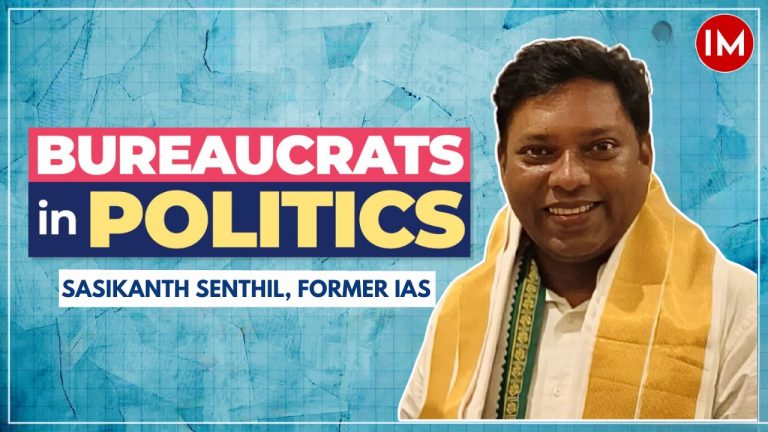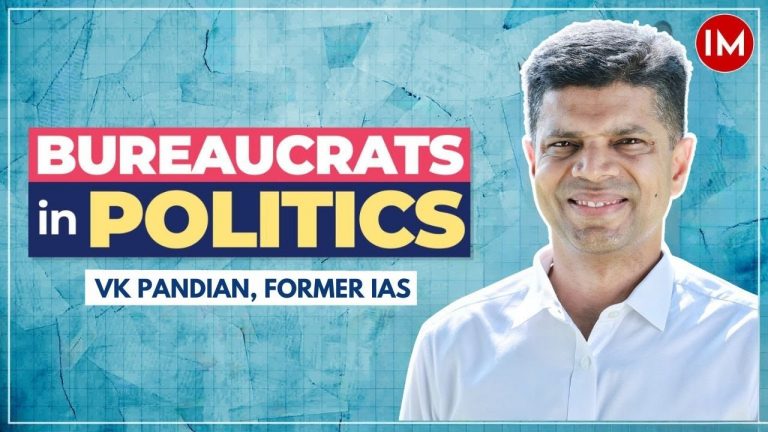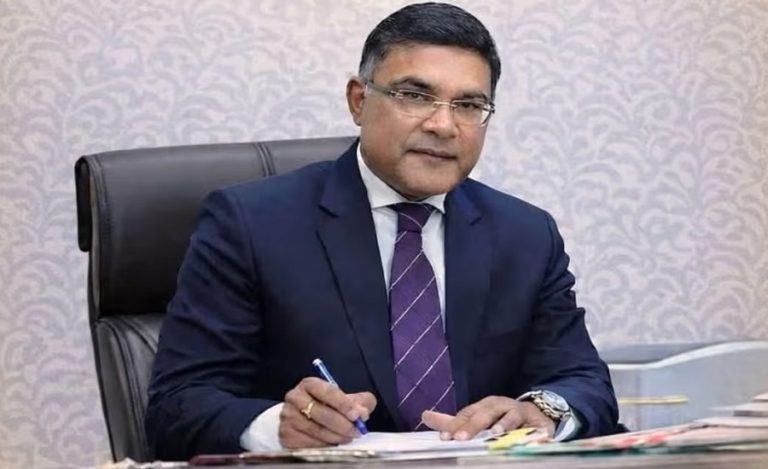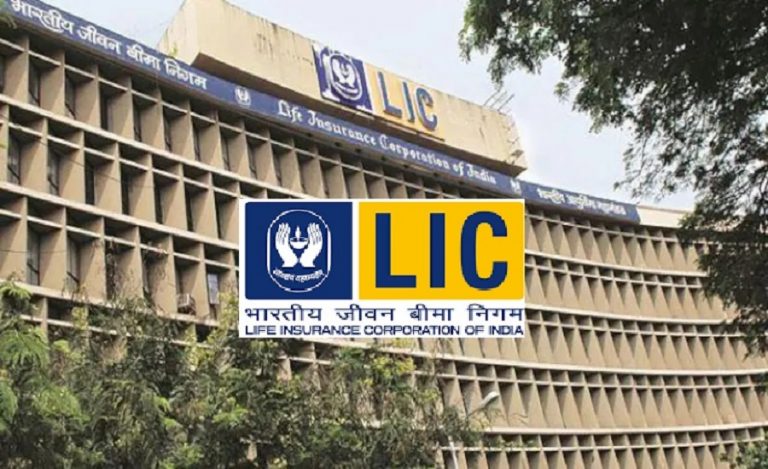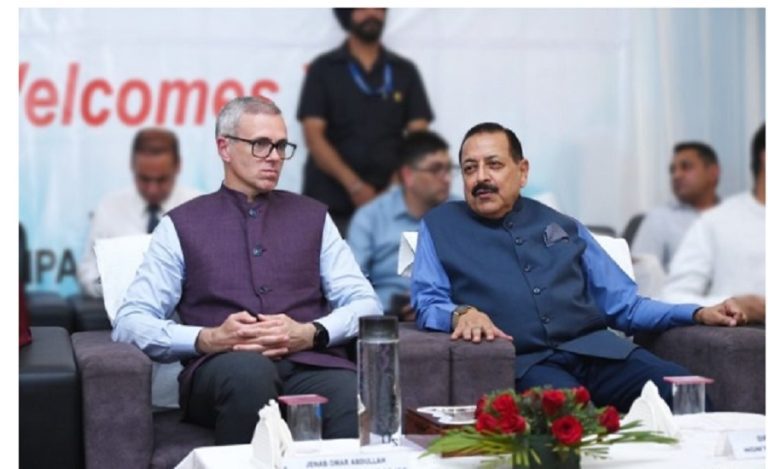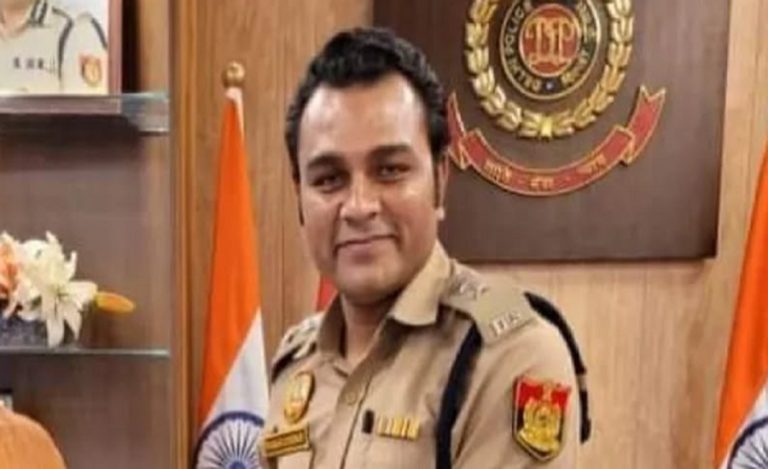Isn’t it ironic that a former IRS officer, who quit his job to start an anti-corruption crusade, was arrested on corruption charges? All this happened within just over a decade. Arvind Kejriwal began to reform the system. But all he could do was replace the government, or rather, seize power.
WATCH THE VIDEO HERE-
CORRUPTION OR CONTROVERSY?
But is the Delhi Chief Minister really corrupt? That may be a debatable question. It is debatable as to whether he would have made a better bureaucrat than an activist or a politician. Whether he can retain his popularity will be known after two months when the results of the ongoing Lok Sabha elections are declared, but right now he has been sent to Tihar jail in an alleged liquor scam until April 15.
THE TIHAR INCIDENTS
But this isn’t the first time he has gone to Tihar jail. Before this, Arvind was arrested twice and sent to Tihar. The first was during the 2012 anti-corruption movement led by Anna Hazare, and the second was in a defamation case filed by Nitin Gadkari in 2014. But this is certainly the first time that he has been incarcerated in a criminal case.
He was arrested by the Enforcement Directorate (ED) on March 21. ED accused Kejriwal of being the ‘kingpin and the key conspirator’ in the alleged excise scam, purportedly involving other ministers of the Delhi government, AAP leaders, etc.
Moreover, Kejriwal has been booked under Section 45 of the Prevention of Money Laundering Act (PMLA), which was amended in 2018 by the BJP government and was made a non-bailable offence, clearly reversing the principle of ‘Innocent Until Proven Guilty’.
BACKGROUND AND POLITICAL SIGNIFICANCE
He is a former IITian, bureaucrat, and political activist. His oratory is matched in the country by only Prime Minister Narendra Modi. His arrest has galvanised the entire opposition, bringing almost all of them to one platform. His party, the Aam Aadmi Party, was represented on the opposition unity stage by his wife, Sunita Kejriwal, a former IRS officer herself.
Arvind, in 1999, along with journalist Manish Sisodia and a few others, founded a movement named Parivartan. Parivartan addressed public grievances related to the income tax (a department he himself was working for), the public distribution system, social welfare schemes, and electricity.
In 2000, Parivartan filed a public interest lawsuit demanding transparency in the public dealings of the Income Tax Department and also organised a satyagraha outside the Chief Commissioner’s office. The following year, the Delhi government enacted a state-level Right-to-Information Act, which allowed citizens to access government records.
In 2006, Kejriwal also established the Public Cause Research Foundation, an NGO, together with Manish Sisodia and Abhinandan Sekhri, that campaigned for just, transparent, accountable, and participatory governance.
Kejriwal is also a recipient of the Ramon Magsaysay Award, which recognised him for activating the RTI movement at the grassroots and empowering New Delhi’s poor citizens to fight corruption.
Mr. Arvind Kejriwal, along with Anna Hazare, launched an anti-corruption movement christened ‘India Against Corruption’ demanding the enactment of a Lokpal Bill that could investigate corruption at high places. The movement was partially successful. The Union Cabinet and Parliament passed the bill.
FORMATION OF AAP
Then the Congress government mocked Kejriwal and company as a bunch of’self-proclaimed civil society representatives’ who couldn’t win even a municipal election. Kejriwal accepted the challenge, formed the Aam Aadmi Party in 2013, contested the Delhi Assembly elections, and formed a coalition government with Congress, which he till then was portraying as the most corrupt party.
From then on, he has never been dislodged from the Delhi Assembly, winning two successive elections with a thumping majority and expanding his party to other states as well. AAP has formed a government in Punjab as well, besides winning some Assembly seats in Goa, Haryana, and Gujarat.
But for the past two years, he has been fighting the stigma of liquor scams in Delhi. He claims there is no evidence of any money changing hands. The prosecuting agency’s Enforcement Directorate, on the other hand, claims to have hordes of evidence against him, including confessional statements from Kejriwal’s colleagues and WhatsApp chats.
Will a Kejriwal in prison prove to be a deadlier politician than the one outside it? He has done a Houdini several times, bouncing back every time people wrote his political and social obituaries. Will he be able to do it one more time?

